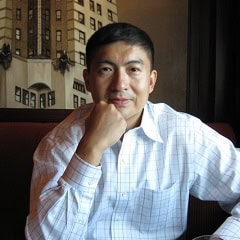
Groupthink, first identified by Irving Janis, refers to the phenomenon where group members quickly align on decisions without critically evaluating alternatives, often leading to disastrous outcomes. Prominent examples include the Challenger disaster and the Bay of Pigs invasion, where conformity and suppression of dissenting views resulted in significant failures. Despite its negative reputation, groupthink can be beneficial in project management, particularly in high-pressure environments.
In project management, groupthink can help build a unified vision during early stages, enhancing team cohesion and commitment. It enables swift decision-making, crucial in urgent projects with tight deadlines. Groupthink can bolster confidence in decisions, providing legitimacy and boosting team morale, especially during project initiation when the risk of “analysis paralysis” is high. It also facilitates quick responses to external pressures, uniting teams to address immediate threats or opportunities.
However, the benefits of groupthink must be balanced with critical thinking and open dialogue. Project managers should foster an environment that values diverse perspectives and dissenting voices, ensuring critical decisions are well-rounded. Historical examples, like General Eisenhower’s preparations on D-Day, highlight the importance of leveraging groupthink effectively without stifling alternative insights and creativity. Balancing these aspects can enhance project outcomes and mitigate the risks associated with groupthink.
This article is a summarized version of the full article that you may read here: https://www.psychologytoday.com/us/blog/achieving-the-objective/202404/rethinking-groupthink

Dr. Te Wu
CEO, CPO, PMP, PgMP, PfMP, PMI-RMP)
Prof. Dr. Te Wu is the CEO of PMO Advisory and an Associate Professor at Montclair State University. Te is certified in Portfolio, Program, Project, and Risk Management. He is an active volunteer including serving as the chair of PMI’s Portfolio Management Standard Committee. He previously worked on various standards including portfolio management, risk management and program management for PMI and ISO. As a practitioner, executive, teacher, writer, and speaker, Dr. Wu enjoys sharing his knowledge and experiences and networking with other professionals.

